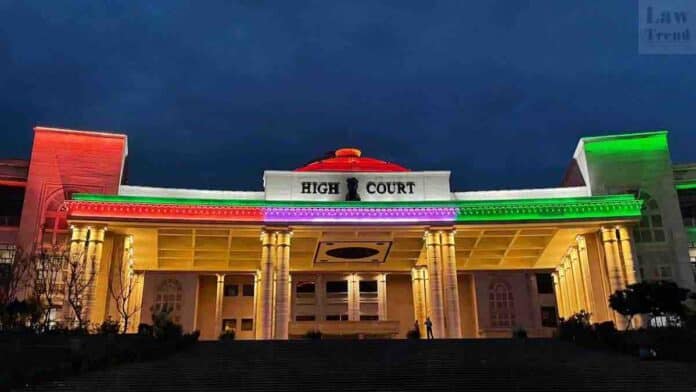The Allahabad High Court, Lucknow Bench, has quashed the prosecution sanction order and discharge rejection order in a case involving alleged fraudulent transactions of over ₹22 crore from the account of SHIATS (Sam Higginbottom Institute of Agriculture, Technology and Sciences) maintained at Axis Bank. The Court observed that the sanctioning authority acted as a “mere
To Read More Please Subscribe to VIP Membership for Unlimited Access to All the Articles, Download Available Copies of Judgments/Order, Acess to Central/State Bare Acts, Advertisement Free Content, Access to More than 4000 Legal Drafts( Readymade Editable Formats of Suits, Petitions, Writs, Legal Notices, Divorce Petitions, 138 Notices, Bail Applications etc.) in Hindi and English.




